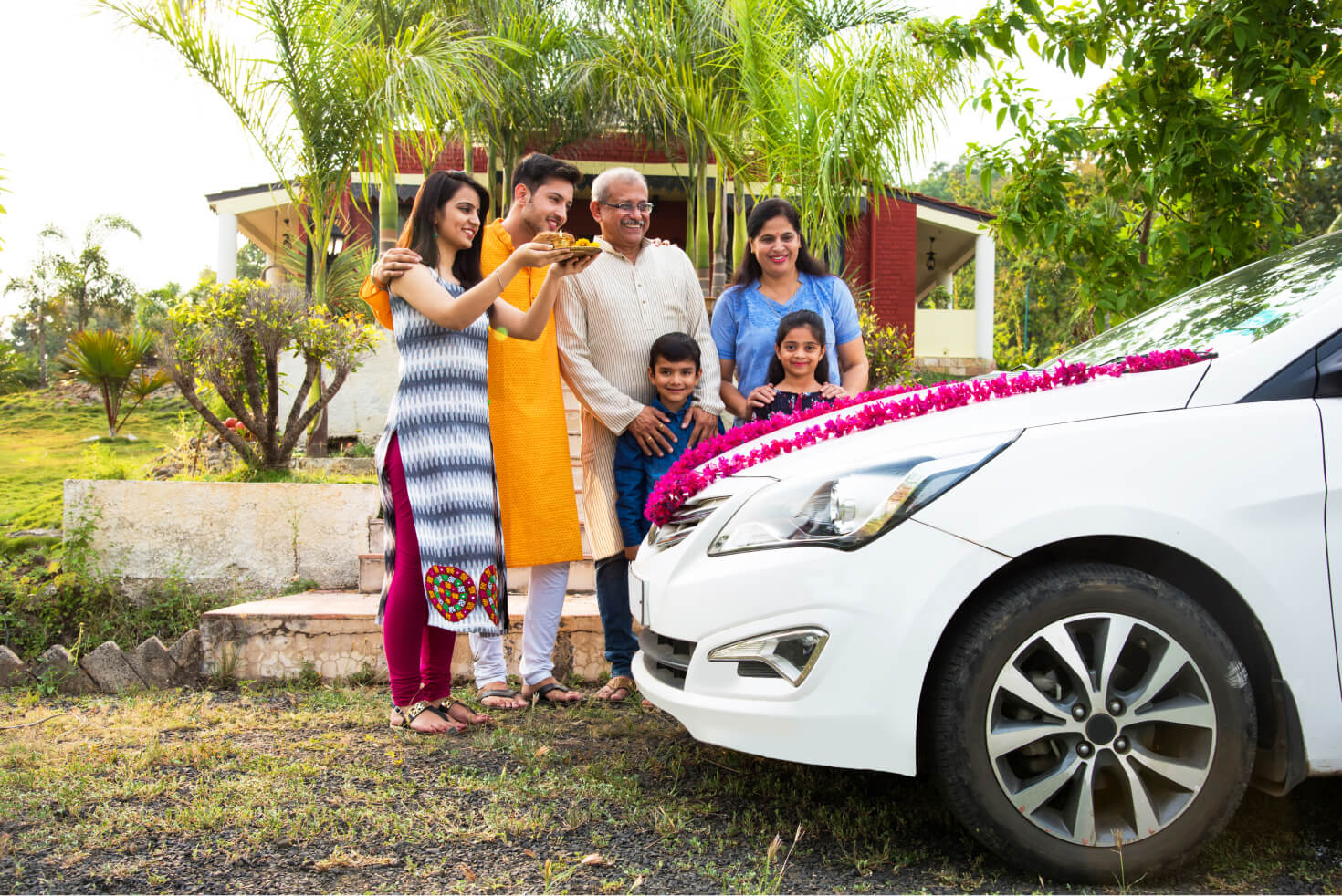Buying a car is an expensive affair, regardless of whether it is a brand new one or a repurchase, and that is why many buyers opt for a car loan. While some lenders may offer a loan for the full ex-showroom price, others may only offer a loan up to 80% of the car value. Hence, before applying for a loan, make sure you do your groundwork and are clear about the total loan amount you actually need, hidden costs, interest rates, and repayment terms and conditions across lenders.
During the car loan underwriting process, lenders look at various factors when deciding on a loan applicant’s credit-worthiness. Now, one of the most important factors is your CIBIL Score and Report. A high CIBIL Score of 750+ is an added advantage in getting you a faster, easier car loan approval. Banks and lenders prefer consumers with a high score as this indicates a credit-conscious individual — someone with a good credit history and positive repayment trends. After all, past credit behavior is a strong indicator of future credit habits, and lenders want to ensure they are approving loans to responsible individuals who will repay the loan on time. Since CIBIL Score is an integral factor in the car loan application process, you should know your CIBIL Score before applying for a loan.
In addition to your CIBIL Score and Report, there are other factors that may affect your car loan application. A stable job and a steady monthly income serve as reassurance to the lender that the consumer is capable of repaying the loan over the entire loan tenure. Another trustworthy indicator is your credit capacity as indicated by your EMI to Income ratio. This compares your existing loan EMIs to your net monthly income and helps lenders gauge your financial obligations and repayment capability. If your EMIs are within 30% of your net monthly income, lenders will view this positively.
Now, what if you have a low credit score or if you are new to credit and do not have a CIBIL Score yet? Having a low score does not mean you cannot get a loan. Instead, work towards a high CIBIL Score before applying for a loan. Here are a few steps that can help you achieve a higher score and a positive credit footprint:
- Always pay your dues on time: Late payments are viewed negatively by lenders.
- Keep your balances low: Always be prudent to not use too much credit, control your utilization.
- Maintain a healthy credit mix: It is better to have a healthy mix of secured (such as home loan, auto loan) and unsecured loans (such as personal loan, credit cards). Too many unsecured loans may be viewed negatively.
- Monitor your co-signed, guaranteed and joint accounts monthly: In cosigned, guaranteed or jointly held accounts, you are held equally liable for missed payments. Your joint holder's (or the guaranteed individual) negligence could affect your ability to access credit when you need it.
- Review your credit history frequently throughout the year: Monitor your CIBIL Score and Report regularly to avoid unpleasant surprises in the form of a rejected loan application.
Always remember that a high CIBIL Score takes a bit of time and effort. Eventually, a high score will go a long way in getting you access to credit, not just for your car loan but for other financial goals too.







